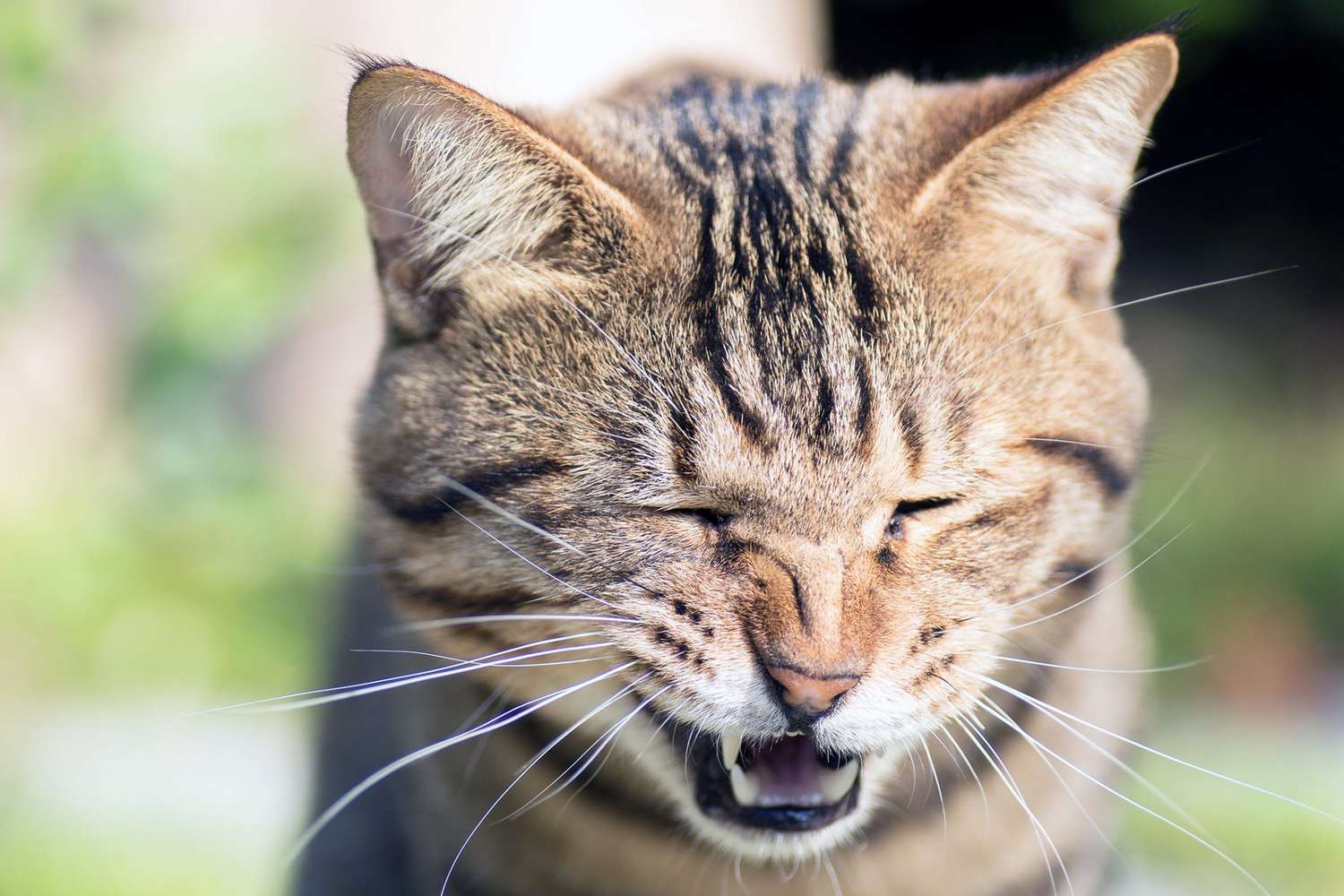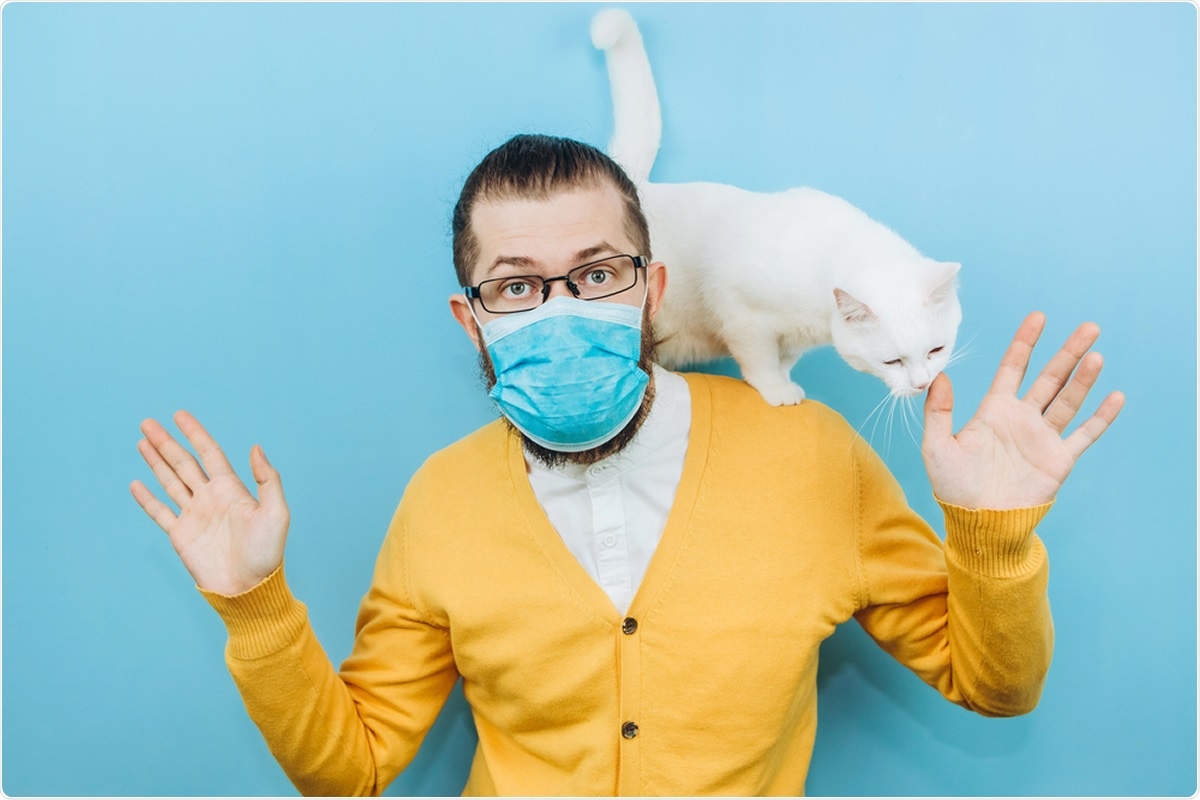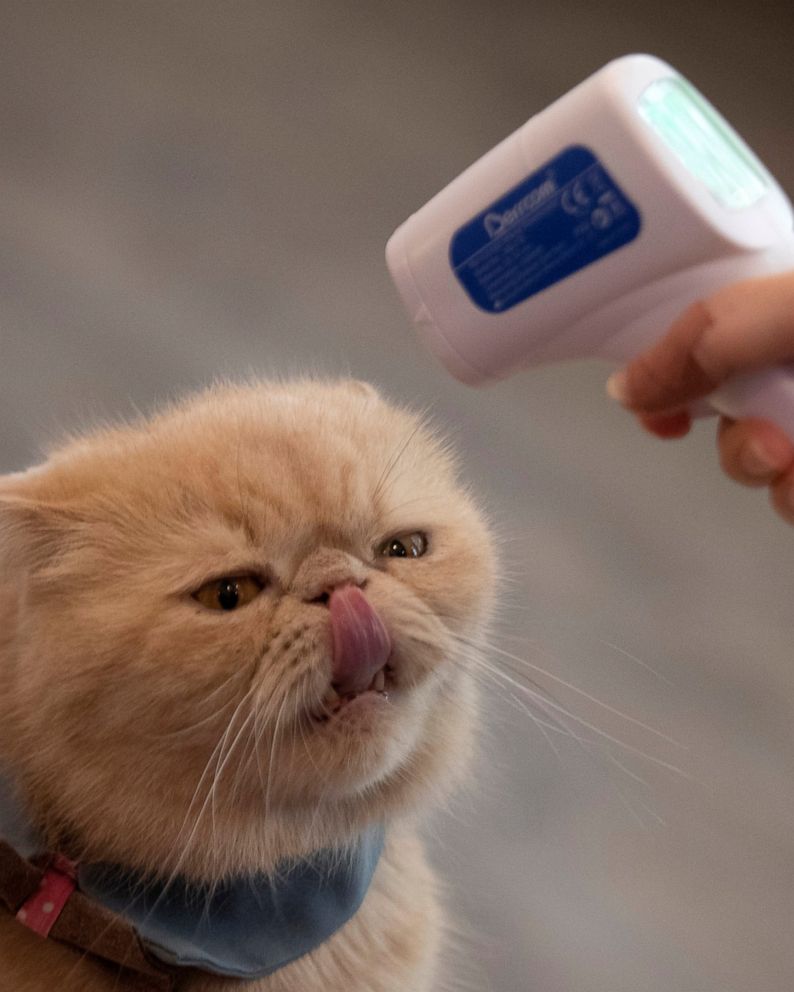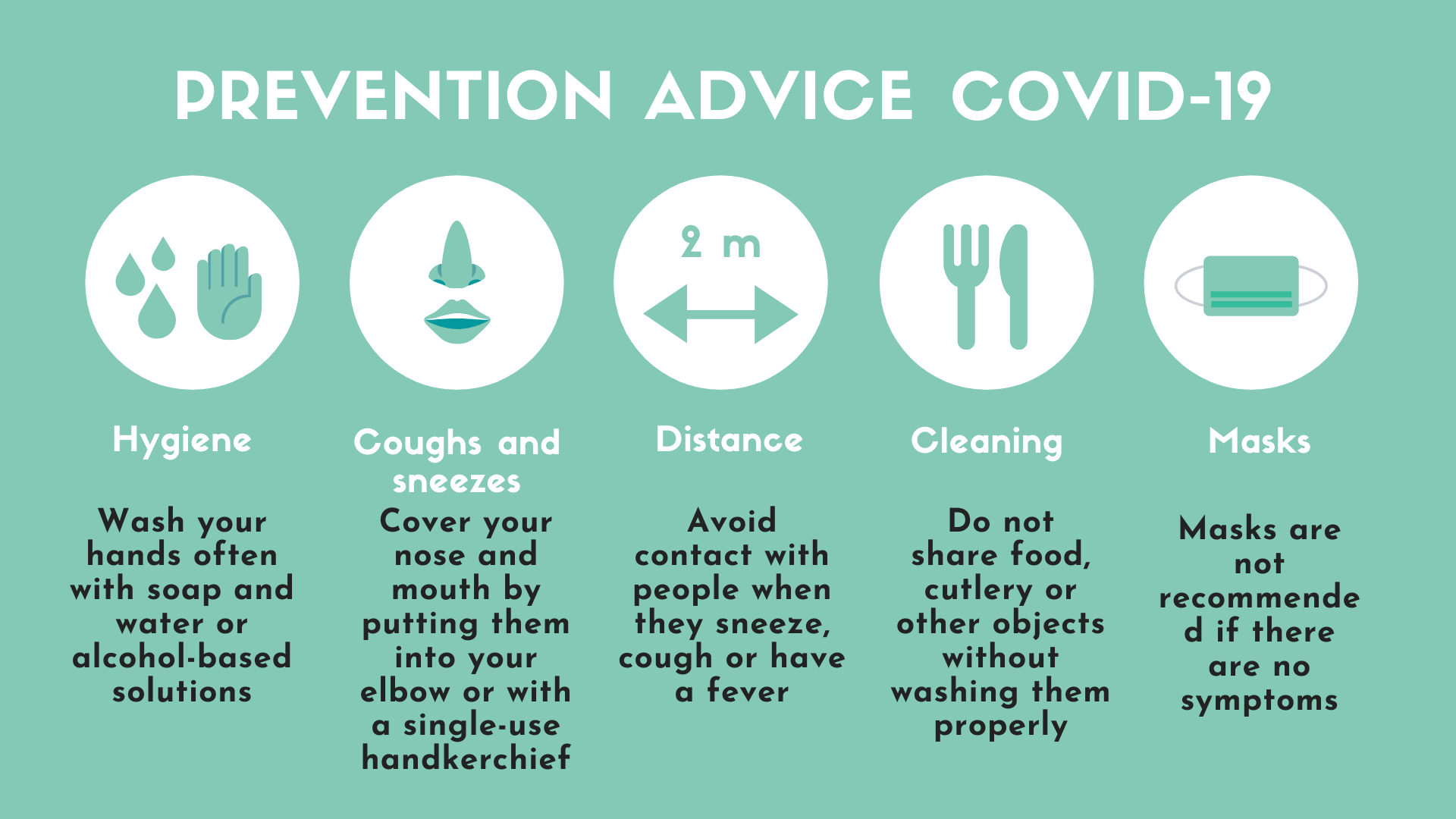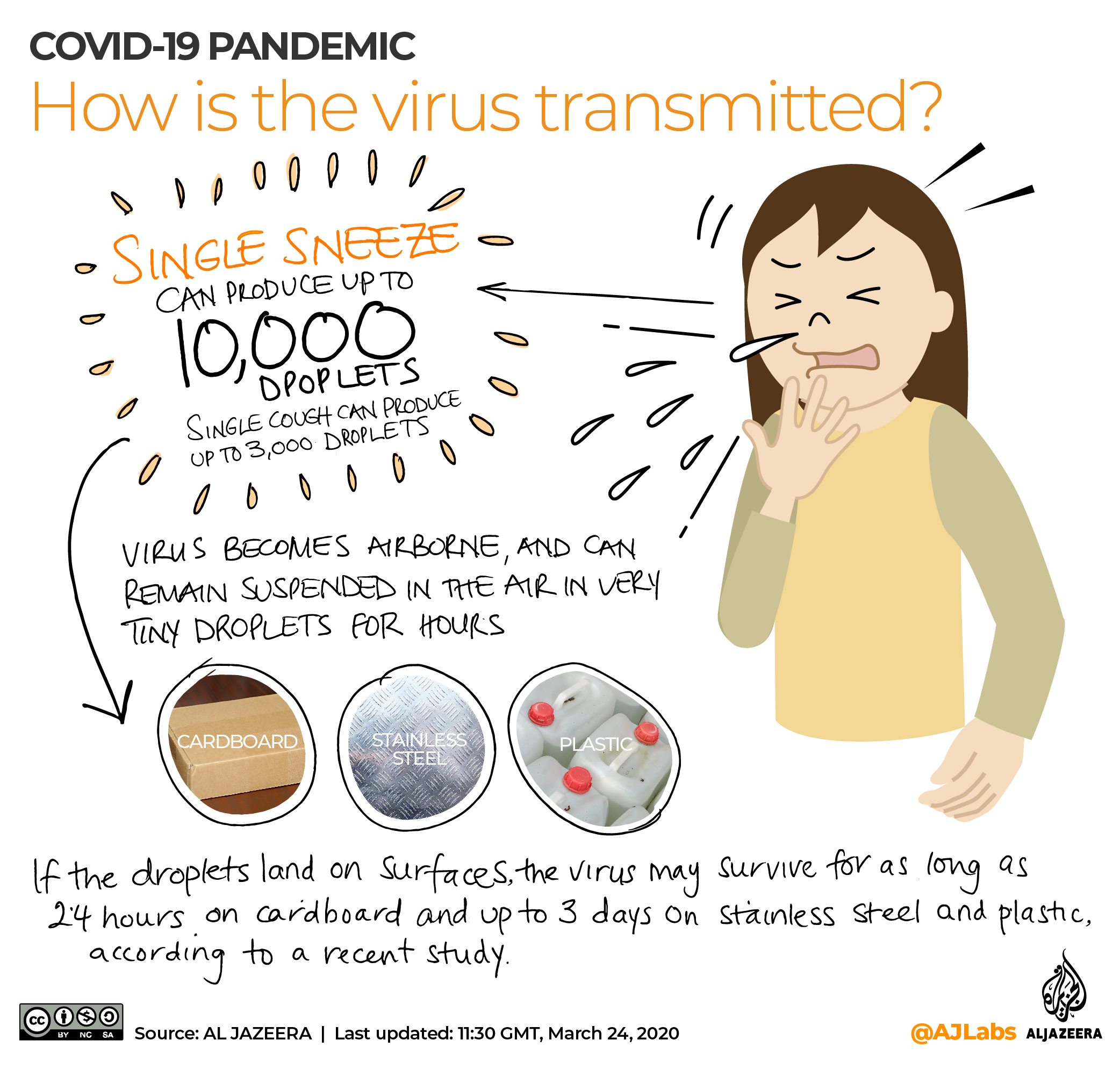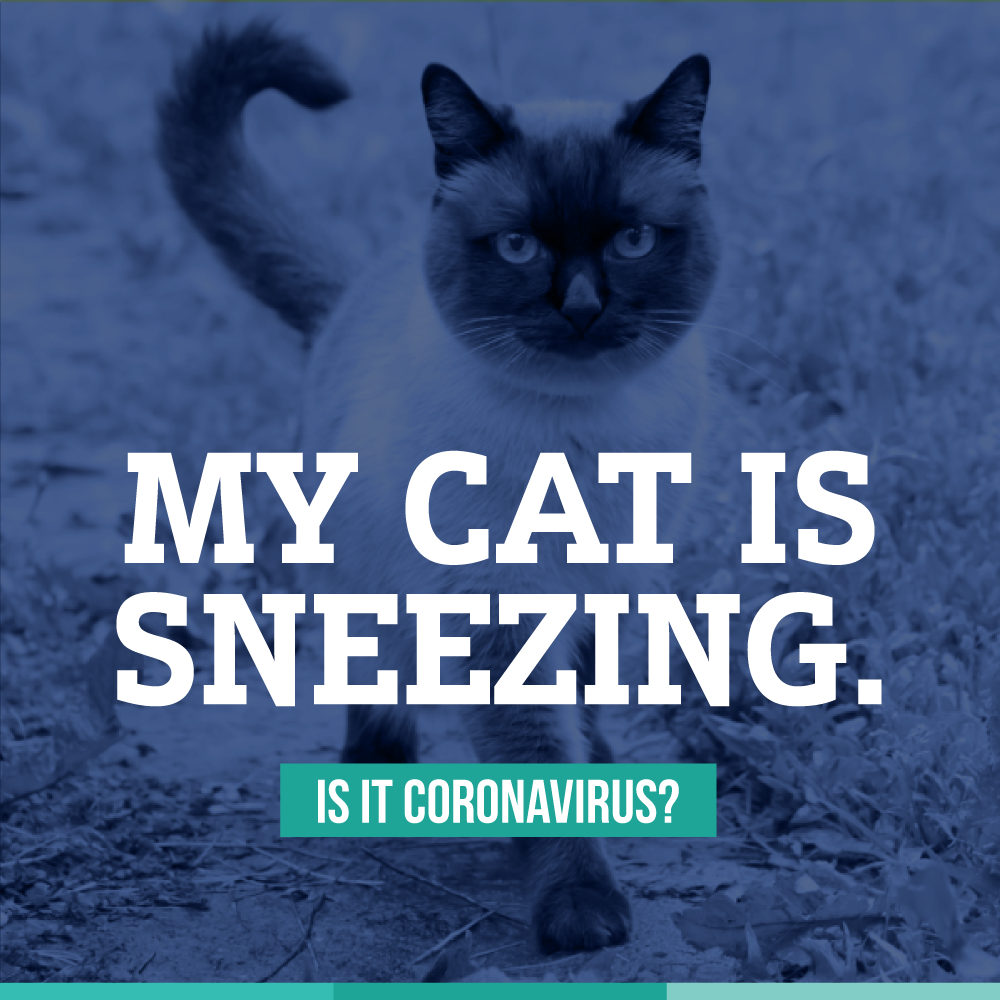Cat Coronavirus Symptoms Sneezing
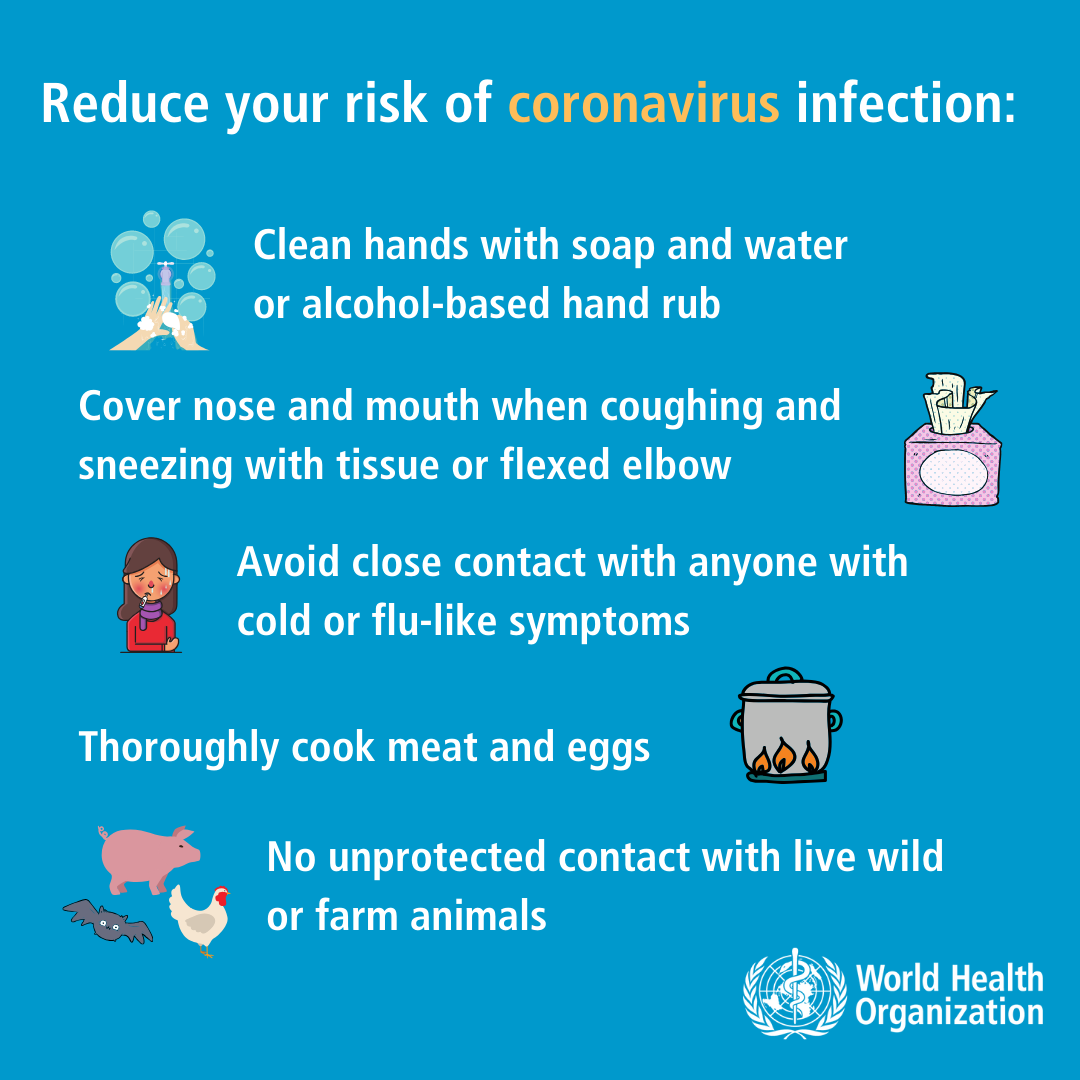
Common COVID-19 symptoms include fever and chills muscle and body aches loss of taste or small nausea or vomiting and diarrhea.
Cat coronavirus symptoms sneezing. It was confirmed this week that two domesticated cats had been infected with the coronavirus in the United StatesFollowing early news reports of lions and tigers showing COVID-19 symptoms at a. Respiratory infections - infections inside the airways can cause sneezing. There is currently no evidence that cats can transmit SARS-CoV-2 to people and the degree of disease that the virus causes in cats is unclear at this time.
Infected people will start running a fever and experience fatigue and. Cat flu - cat flu causes sneezing a runny nose and weepy eyes. You can give COVID-19 to your cat.
The pet cat diagnosed with Covid-19 in the UK was experiencing symptoms including nasal. The main symptoms for a cold are. Its symptoms were a respiratory infection with a nasal discharge and some shortness of breath There is no evidence that pets or other domestic animals directly transmit the virus to people.
Our data shows that people who had been vaccinated and then tested positive for COVID-19 were more likely to report sneezing as a symptom compared with those without a jab researchers wrote according to The Hill. Fortunately we can vaccinate against cat flu. They found that sneezing is a common symptom among those who got COVID-19 and had been fully vaccinated.
The top five coronavirus symptoms in CHILDREN are. If your cat sneezes only occasionally no treatment is generally needed. Some of the most common allergy symptoms include sneezing itchy or watery eyes congestion or runny nose.
A new study on COVID-19 found that the most common symptoms of the virus have been milder ailments than first thought and now include headaches runny nose and sneezing. Left untreated cat flu can become very serious. Sneezing is not normally a symptom of COVID-19 and much more likely to be a sign of a regular cold or allergy.

